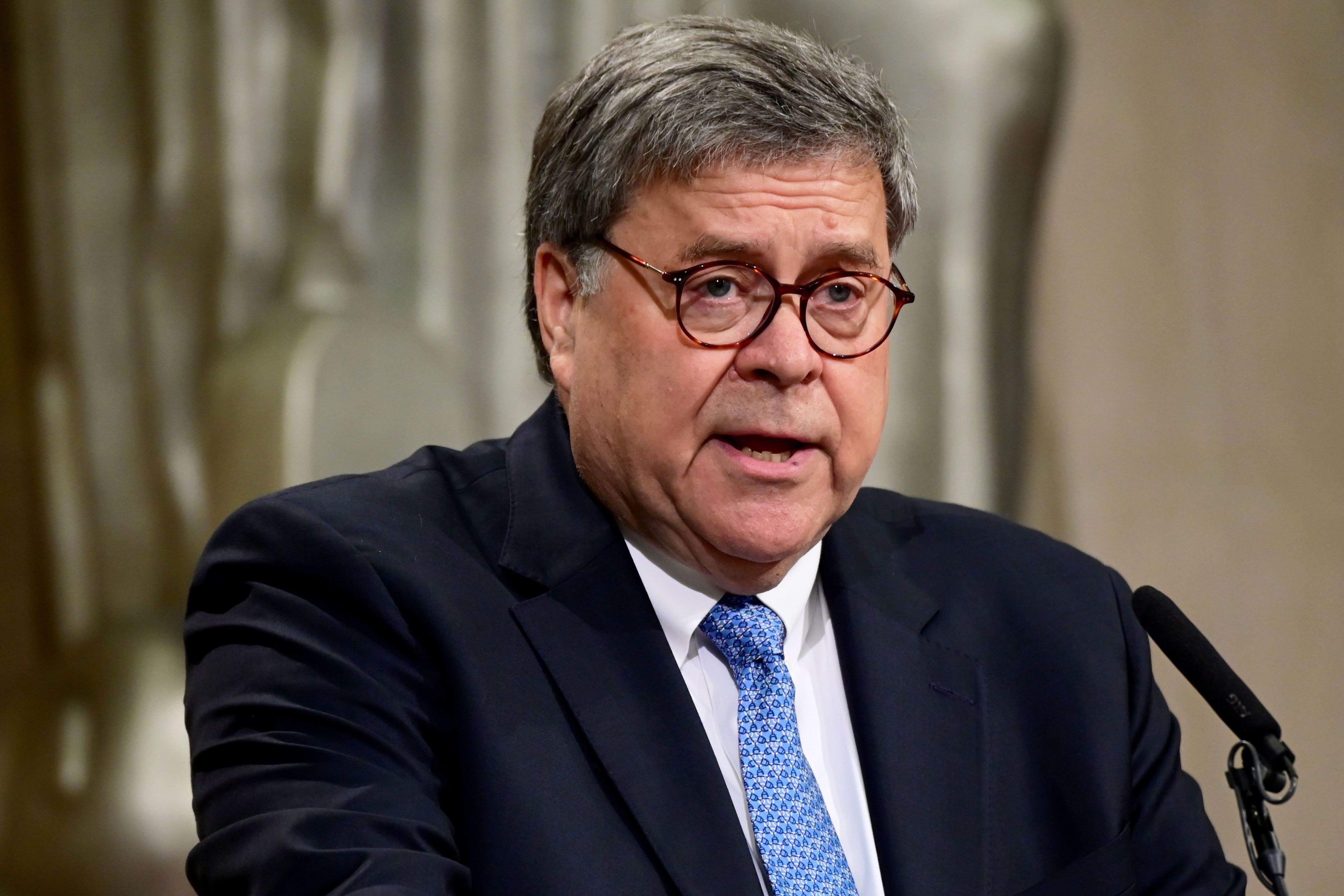SOCIAL MEDIA NEWS
Bill Barr tells tech to open encrypted messages for investigations
[ad_1]
U.S. Attorney General William Barr delivers opening remarks at a summit on “Combating Anti-Semitism” at the Justice Department in Washington, July 15, 2019.
Erin Scott | Reuters
U.S. Attorney General William Barr warned technology companies on Tuesday that they need to immediately start working with law enforcement, helping agencies gain access to encrypted messages during critical investigations.
In a keynote address at the International Conference on Cyber Security in New York, Barr said that the inability for law enforcement to tap into communication among dangerous actors is a major threat to public safety and national security.
“Obviously, the Department would like to engage with the private sector in exploring solutions that will provide lawful access,” Barr said, according to his prepared remarks. “While we remain open to a cooperative approach, the time to achieve that may be limited.”
His message touched on a key source of conflict between law enforcement officials and tech executives. While investigators argue that access to encrypted messages can be critical to national security, tech companies warn that providing a backdoor into encrypted services is a slippery slope.
The attorney general didn’t call out Apple by name, but his address sounds familiar to anyone who followed the aftermath of the 2015 mass shooting in San Bernadino, California, which left 14 people dead. During the investigation, a federal judge asked Apple to help the FBI unlock an iPhone belonging to the alleged shooter. But Apple denied the request, with CEO Tim Cook saying it would require the company to write code that would be “a master key, capable of opening hundreds of millions of locks.”
While the Department of Justice ultimately said it managed to access the phone’s data on its own, Barr made clear that the agency doesn’t want to deal with such technical hurdles in the future.
Barr cited other terrorist incidents and referenced drug cartels, who are using encrypted platforms to hide their communication. One example he included was a Mexican cartel trafficking large amounts of fentanyl from Asia to Mexico and then the U.S. He said the cartel was using Facebook’s WhatsApp messaging system, making it impossible for U.S. law enforcement to conduct wiretaps.
“Warrant-proof encryption is also seriously impairing our ability to monitor and combat domestic and foreign terrorists,” Barr said. “As with drug cartels, we are seeing terrorist organizations moving their communications to encrypted platforms designed to block lawful access. Even smaller terrorist groups and ‘lone wolf’ actors have turned increasingly to encryption.”
Rather than providing prescriptive solutions, Barr said it’s up to the private sector to develop methods of access and dismissed claims that those measures are impossible.
“[T] here have been enough dogmatic pronouncements that lawful access simply cannot be done, ” Barr said. “It can be, and it must be.”
Barr’s speech comes as Facebook is preparing to bake in more encryption into its messaging services. The company said earlier this year it plans to integrate and encrypt its three messaging platforms — Facebook Messenger, Instagram and WhatsApp — as part of CEO Mark Zuckerberg’s push for a more “privacy-focused” internet.
Facebook is already facing scrutiny related to antitrust concerns and could now face another obstacle in pursuing its strategy.
“The rest of the world has woken up to this threat,” Barr said.
Subscribe to CNBC on YouTube.
Watch: Why Facebook is integrating WhatsApp, Instagram and Messenger
[ad_2]
Source link













